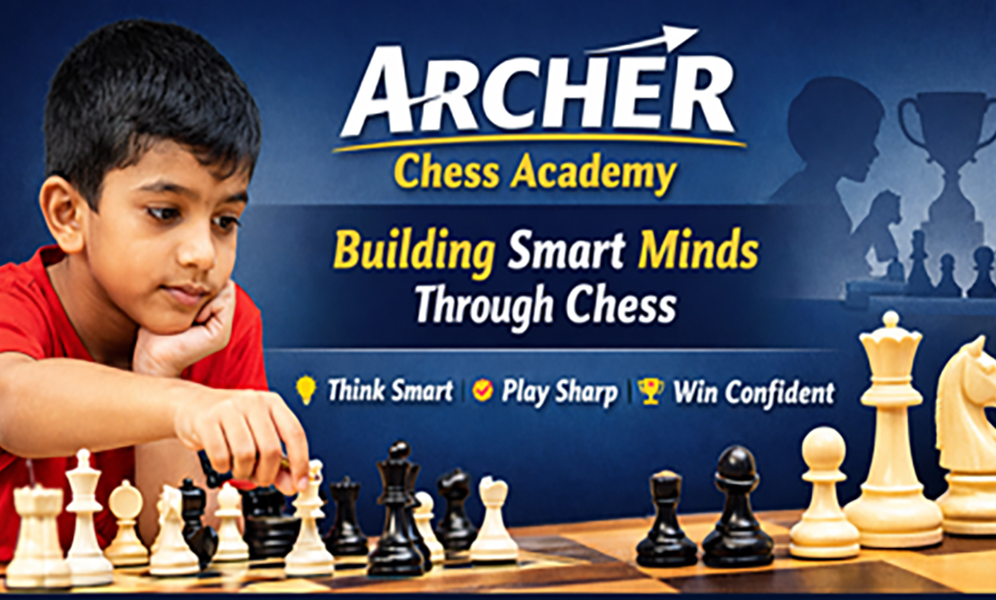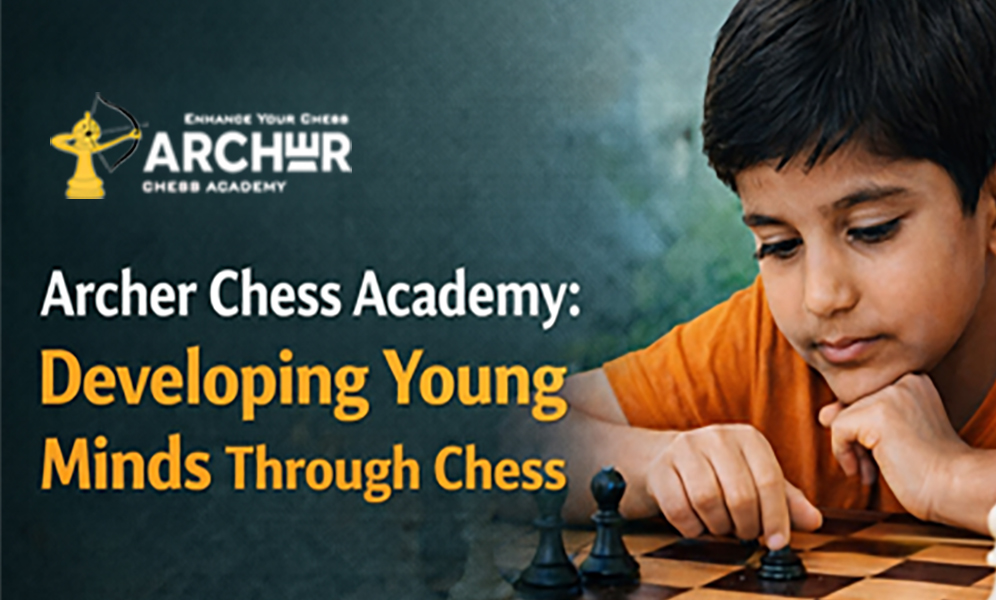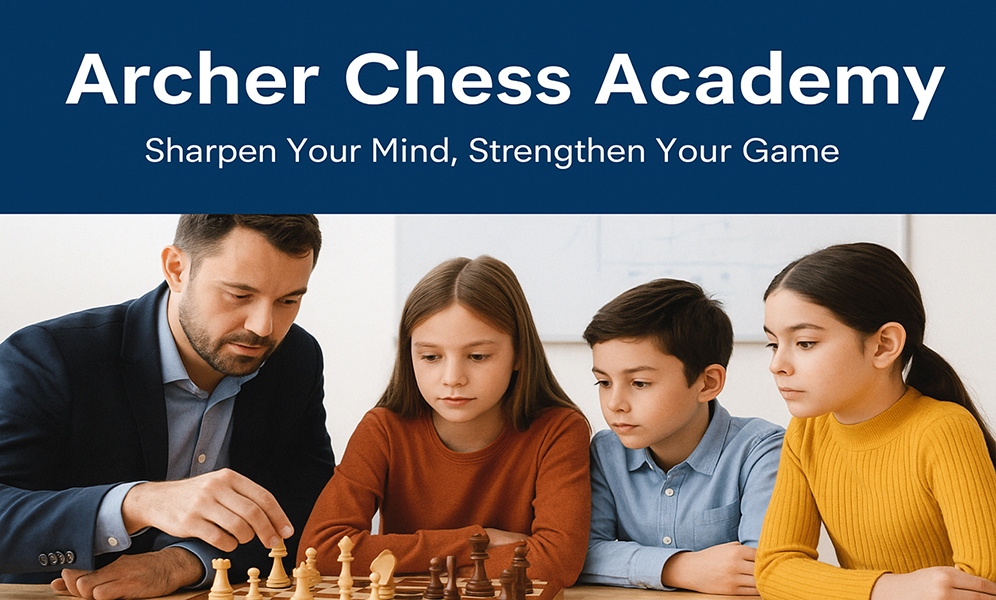What is a Pawn Break in Chess?
A pawn break is a strategic pawn move that opens lines, attacks the center, or weakens the opponent’s structure. It’s a turning point that can completely shift the momentum of a game. Knowing when and how to execute a pawn break is a skill that separates casual players from competitive ones.
At Archer Chess Academy, we teach students to recognize the right moment for a break — and how to prepare for it.
Why Kids Should Learn Pawn Breaks
Improves Middlegame Strategy: Teaches how to create space and open files.
Boosts Tactical Opportunities: A pawn break often leads to attacks, combinations, or weak pawns.
Sharpens Decision-Making: Encourages students to evaluate the risks and rewards of structural changes.
Common Examples of Pawn Breaks
d4-d5 in Queen’s Gambit positions to break central tension.
f4-f5 in the King’s Indian Attack to launch a kingside offensive.
c4-c5 to open the queenside and activate rooks.
We show how these moves lead to powerful transformations on the board.
How Archer Chess Academy Builds Strategic Skills
In our online chess classes for kids, we:
Teach key break moments from famous games.
Provide interactive training with engine-backed analysis.
Use simple rules to guide decision-making (like controlling space before pushing).
Turn the Tide with a Single Move
Understanding pawn breaks gives kids the tools to take control in critical positions. At Archer Chess Academy, we help them master these ideas so they can play with confidence and creativity.










